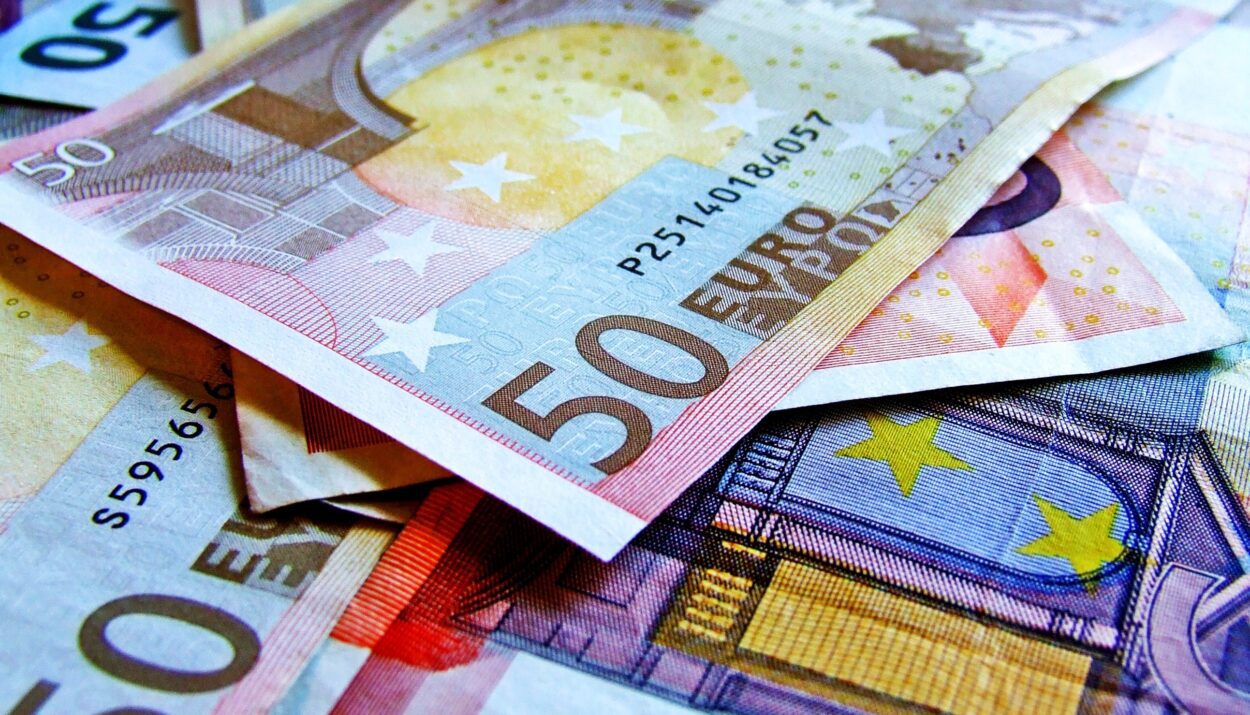Sterling reached a 22-month high against the euro on Tuesday, rising 0.25% to 84.33 pence per euro, while remaining stable against the dollar at $1.2738. This follows significant gains the previous day, driven by eurosceptic victories in European Parliament elections and the announcement of an election in France.
The potential for a right-wing victory in France has introduced political uncertainties that could challenge the European Union’s integration efforts, leading to a weakened euro. The euro also neared a one-month low against the dollar, as traders awaited U.S. inflation data and the Federal Reserve’s policy meeting outcomes.
Despite Britain’s labour market showing signs of cooling with a rise in unemployment, it did not significantly impact the British currency. Matthew Ryan from Ebury noted that while rising wages could delay Bank of England interest rate cuts, increased joblessness poses risks to the UK’s growth outlook.
MUFG’s Derek Halpenny pointed out that the euro has broken below key support at the 0.8500 level. He anticipates the euro could trade within the 0.8500-0.8600 range if Marine Le Pen’s National Rally does not secure a majority in France. Conversely, the euro might drop to near early 2022 lows around 0.8300 if the party becomes the largest without forming a majority.
Money markets currently estimate a 40% chance of a 25 basis points BoE rate cut in August, with higher odds for a similar cut by November.










